The Traitors might sound like another reality TV gimmick. But look closer, and you’ll find a psychological pressure cooker where deception, trust and paranoia are all on view.
Contestants live together in a Scottish castle. A few are secretly chosen as Traitors, tasked with “murdering” their fellow players while avoiding suspicion. The rest are “Faithfuls”, trying to banish the Traitors before it’s too late.
With no evidence, alliances are fragile and instinct becomes weaponised. Let’s unpack the psychology driving every twist, accusation, and betrayal.
At the heart of The Traitors is theory of mind. This is our ability to guess what others are thinking. In normal life, it helps us empathise. In the castle, it fuels suspicion.
Players spiral through layers of paranoid thinking: “Does she know I suspect her?” It’s mentally exhausting. Stress impairs our judgement. We misread silence, mistake nerves for guilt, and project our fears.
Alyssa (who featured in the first series) was banished simply for being quiet. Her calmness was seen as coldness, and that was enough to say goodbye, despite the fact that she was a Faithful, not a Traitor.
Lying is mentally taxing. Suppressing the truth, inventing a story, managing facial expressions, it all increases our cognitive load. Under pressure, even skilled liars show cracks: pauses, micro-expressions (brief, involuntary facial expressions that reveal a person’s true emotions) and anxiety.
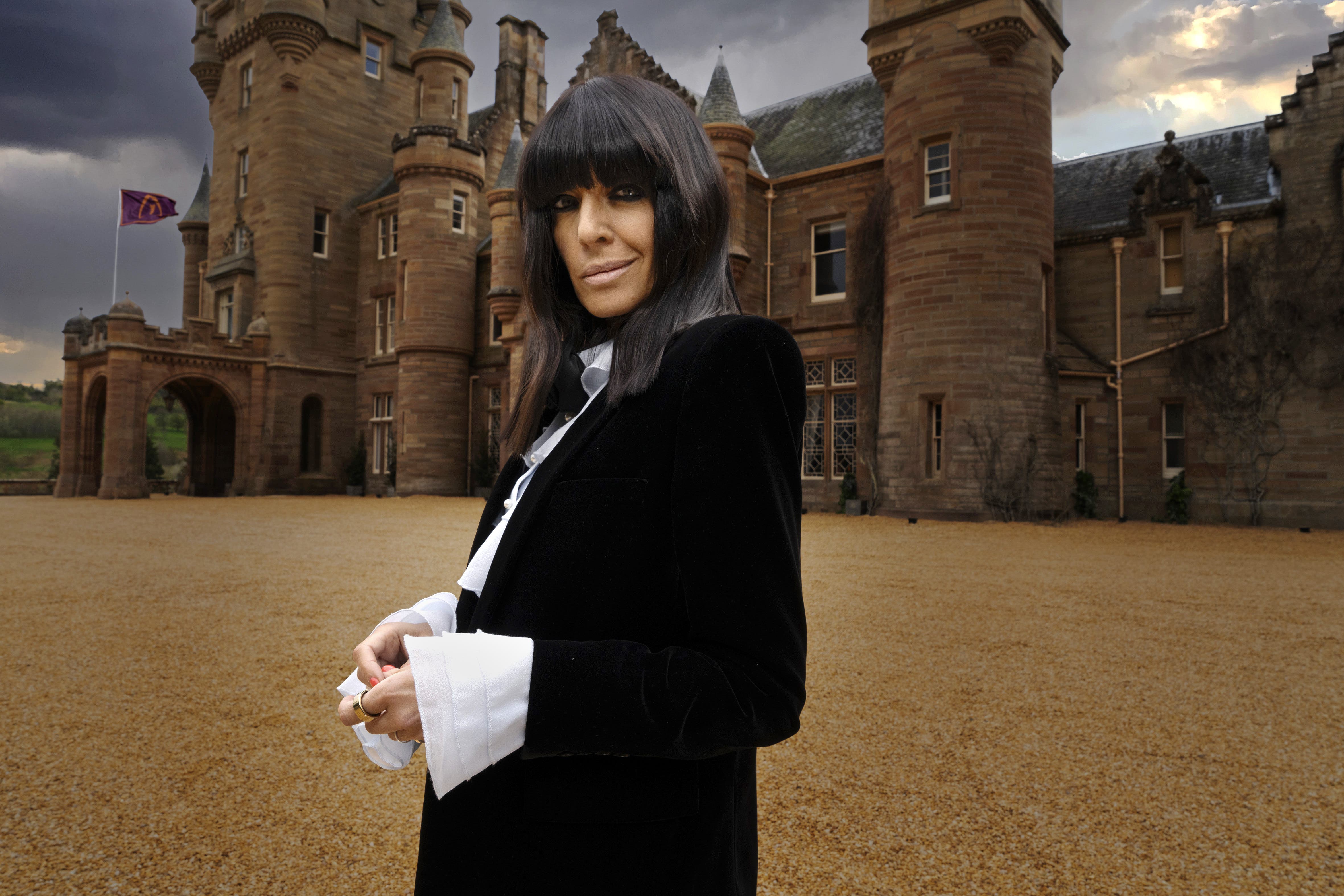
But here’s the twist, truth-tellers look just as twitchy. Psychologist Paul Ekman called this the “Othello error”: mistaking fear for deceit. Series 2’s Paul played a cool, calculated game, manipulating perception with emotional detachment. The group couldn’t keep up.
The roundtable is where logic crumbles. Once a few confident voices point fingers, others fall in line. This is known as groupthink, and it is where the drive for agreement overrides critical thinking.
Add confirmation bias, which is where we see what we expect, and things escalate fast. In Series 2, contestant Kyra was banished after one comment was misread. No one challenged it. Bye Kyra. Often, they don’t just get it wrong, they agree on getting it wrong.
About the author
Paul Jones is Associate Dean for Education and Student Experience at Aston Business School, Aston University.
This article was first published by The Conversation and is republished under a Creative Commons licence. Read the original article.
The problem with ‘vibes’
When facts fail, instinct fills the gap. But “weird vibes” are shaped by in-group bias. We can’t help but trust those who seem like us.
Players who don’t match the group’s emotional script – those who are too quiet, too blunt, too intense – become scapegoats. In contrast, Traitors who mirror emotions survive. Wilf (Series 1) played this to perfection: loyal friend on the outside, silent assassin within.
Traitors don’t see themselves as villains. They rationalise: “It’s just a game.” By rewriting the story, their cognitive dissonance (the discomfort of acting against their values) is soothed away.
Faithfuls do it too. When they wrongly banish someone, they convince themselves the signs were there. It’s not evil. It’s self-preservation. Few people enjoy the tension of contrasting values and actions.
In the absence of truth, perception rules. Every laugh, pause or raised eyebrow becomes part of the performance.
Sociologist Erving Goffman called this “impression management”. On The Traitors, it’s survival. Too passive? You’re hiding something. Too assertive? You’re manipulative.
The goal is to appear confident, sincere and harmless. Even silence is strategic, but dangerous if misread.
We watch The Traitors knowing more than the players, and yet we still get it wrong. It flatters our instincts, then flips them. We shout at the screen and we fall for the same tricks.
It reflects our real lives: teams, friendships, group chats. We all manage impressions. We all judge others. And under pressure, we all rewrite reality to stay safe. The real twist? The psychological traps of The Traitors aren’t locked in a castle. They’re everywhere.

.jpeg)






.jpg?trim=0,0,0,0&width=1200&height=800&crop=1200:800)















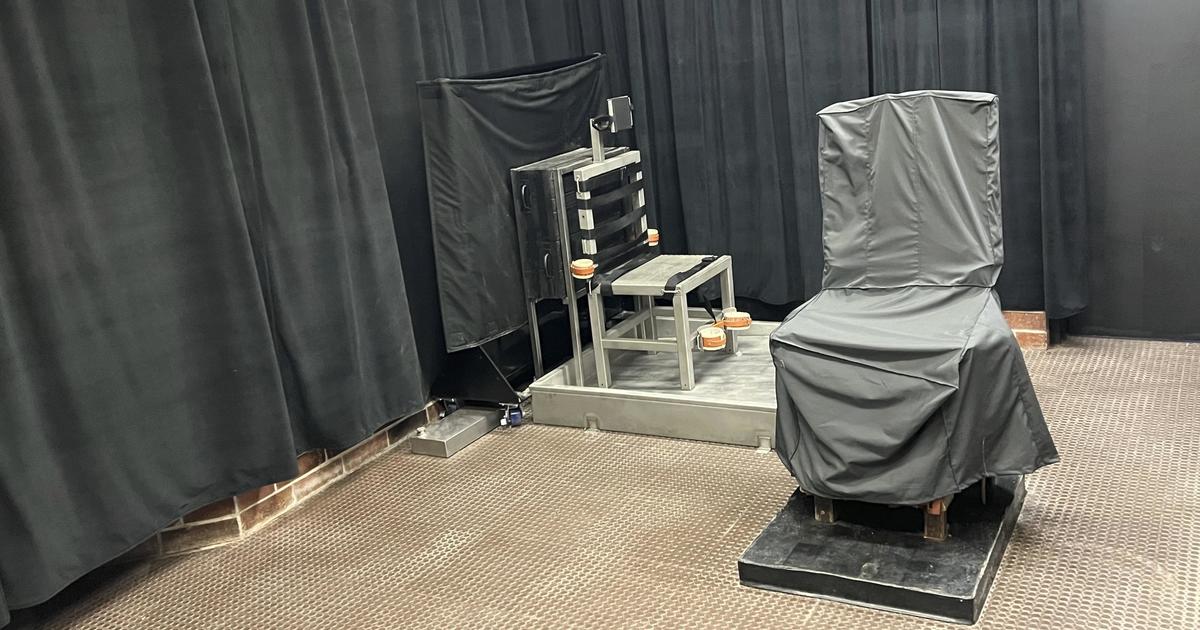






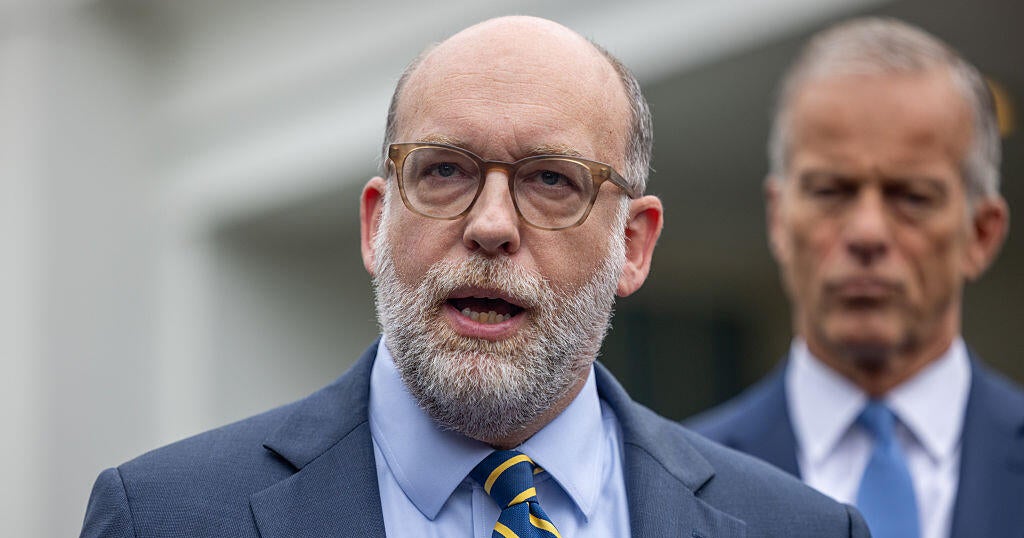

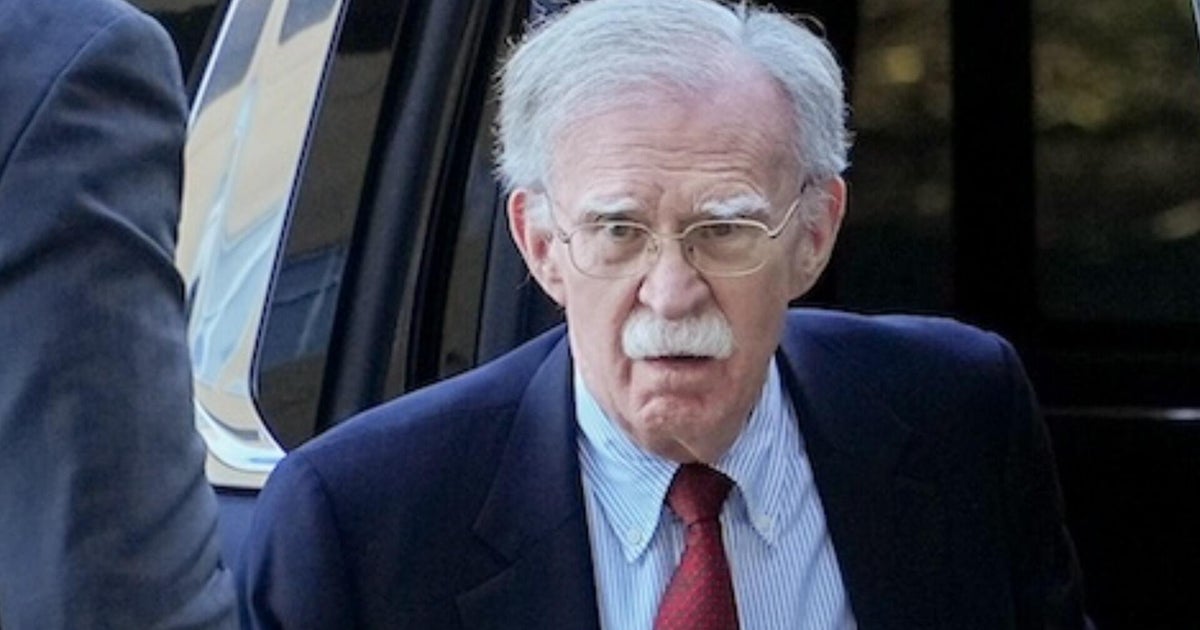

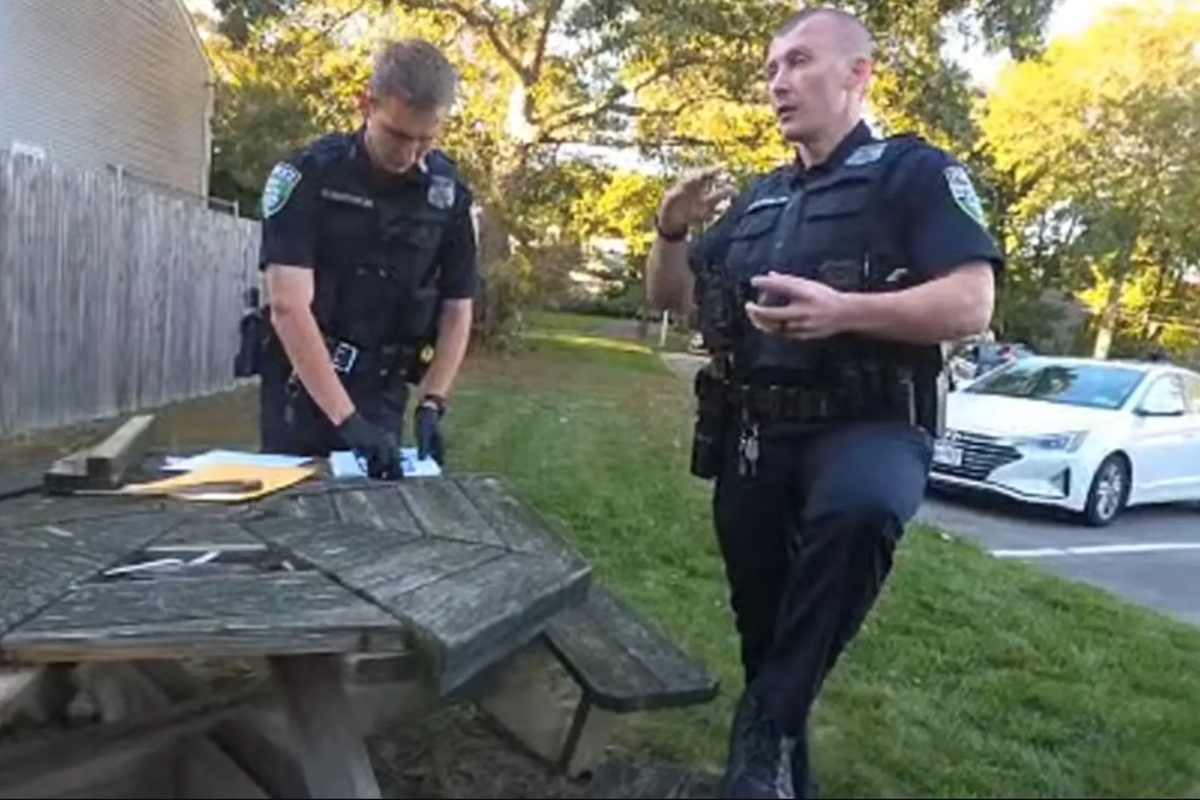



 English (US) ·
English (US) ·